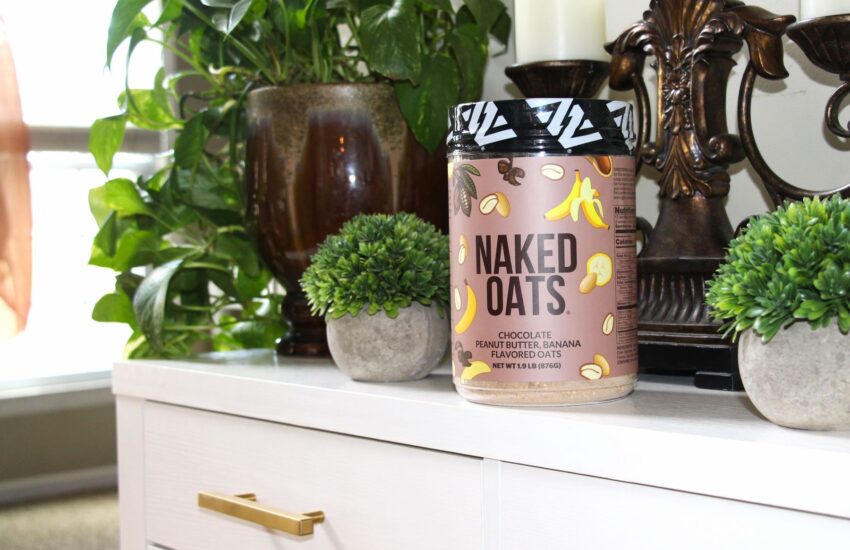6 Safety Precautions To Take When Using Aromatherapy
Aromatherapy is growing in popularity, and you may want to join in on the benefits it has. In the world we live in, there is increasing awareness of natural remedies, and people are turning away from artificial solutions to health issues they may have.
However, all good things also have their negative sides, and the same case applies to these essential oils. When they are used in the right way, they can provide plenty of benefits to you and your family, but you need to exercise some caution when you use them – and it is all because they are highly concentrated.
What are essential oils though?
Essential oils are derived from the term ‘quintessential oil’, and they are chemicals that are sourced from different parts of plants and separated through mechanical processes or distillation. Because of the nature of their extraction, they are always highly concentrated and must be diluted first before you start using them. In fact, you can click here to learn more about scenting and make the most of the essential oils you have.
Essential safety guides when using essential oils
Never use them in their undiluted form
Essential oils are expensive, but that is nowhere near the reason you must always dilute them first – it all has to do with the processing from plant matter to the oil. To give an idea of what this means, 5000lbs. of fresh unblemished rose petals will only produce one pound of rose essential oil. In addition, 28 cups of peppermint tea is equal to one drop of peppermint essential oil.
That alone is enough to indicate how powerful these oils are, and why you must always dilute them first. Every drop is highly valuable, and holds powerful medicinal value, so you cannot use too much of it or else, it overwhelms the body or leads to burns.
Every type of essential oil will come with its own instructions when you dilute it, so follow these strictly and use them as sparingly as possible.
They must never be ingested

Among the worst mistakes you can make with essential oils is leaving them lying around your home. Not only are they vulnerable to breaking, but also ingested by kids and pets – especially young children who put anything in their mouths, as long as it smells good like essential oils.
Essential oils, whether dilute or concentrated, have very dangerous chemical components in them, which force the liver to go on overdrive as it tries to deal with them. In the case of pets, they will die instantly because their livers cannot even process them. In the case of children, they will suffer from organ failure and damage because their livers are still developing and unable to process complex chemical compounds.
Make sure to store them away from pets and children, and seek medical attention immediately they are ingested (especially in large amounts).
Stick to pure oils during purchase
The problem with ‘100% pure’ labels is that it is very hard to define what purity means, since there are no set standards – so in the end, it means very little to the therapeutic value you get. You might purchase a pure, 100% oil, but it gives nothing more than a mild fragrance because the processing was not correctly done, or it is adulterated. Because of this, you need to know what you are buying; and the labels that are used will give you a clue.
The first thing to look for when finding out the authenticity is checking whether the oil bears the botanical or scientific name of the plant source, and also the chemotype. You should also see where the plants were grown, and the exact oils that the bottle contains. In addition, only buy them from reputed sellers, and they should always be in color glass bottles with droppers.
Storing them

When essential oils are exposed to heat and light, they will quickly degrade in quality – so you need to keep them in a cool place. The bottles containing them should always be in cobalt or amber colors, and keep them in glass bottles to prevent degradation from light.
Because essential oils are heavily concentrated, never store them in plastic (unless it is BPA-free) because they will react with it and cause cracks. If storing them in a plastic container, make sure they are diluted before, either with other ingredients or oils according to the instructions.
Knowing if you are allergic
Before you use an essential oil, it is very important to do a patch test and see whether your body is allergic to it or not. mix one drop of the essential oil in question with one teaspoon of a carrier oil (for instance, jojoba or olive oil), then rub it on your inner elbow.
Wait for half an hour to a full hour, and the allergic reaction will appear during this time, if it is there. If you notice any irritation to your skin, wash the area with a mild soap and warm water immediately, and avoid using the essential oil afterwards.In addition, always consult with your doctor if you have a medical condition before using essential oils.
Diluting it

Before you use the oil, you must dilute it in a base ingredient, and the base will differ according to the instructions you will get. This can include carrier oils such as jojoba, coconut, olive, sunflower, apricot kernel, grape seed, among others; plant butters like cocoa or Shea butter, Aloe Vera gel, whole milk, honey, and bath salts.
In case you are unsure, a good dilution model is:
Newborn babies of 0 to3 months – never use essential oils on them
- 3 months to 2 years – 0.25% dilution method (one drop essential oil in 4 teaspoons of carrier oil)
- 2 to 6 years – 0.5% dilution (one drop essential oil in two teaspoons carrier oil)
- 6 to 15 years – 1% dilution (one drop essential oil in one teaspoon carrier oil)
- 15+ years – 2% dilution (2 drops in one teaspoon carrier oil)
Conclusion
The use of essential oils is great because of their natural ability to alleviate symptoms, but you must exercise care when using and storing them.



Very correct and helpful tips! Essential oils must never be administered to the pets without consulting vets or at least go through very helpful and informative blogs like this one.